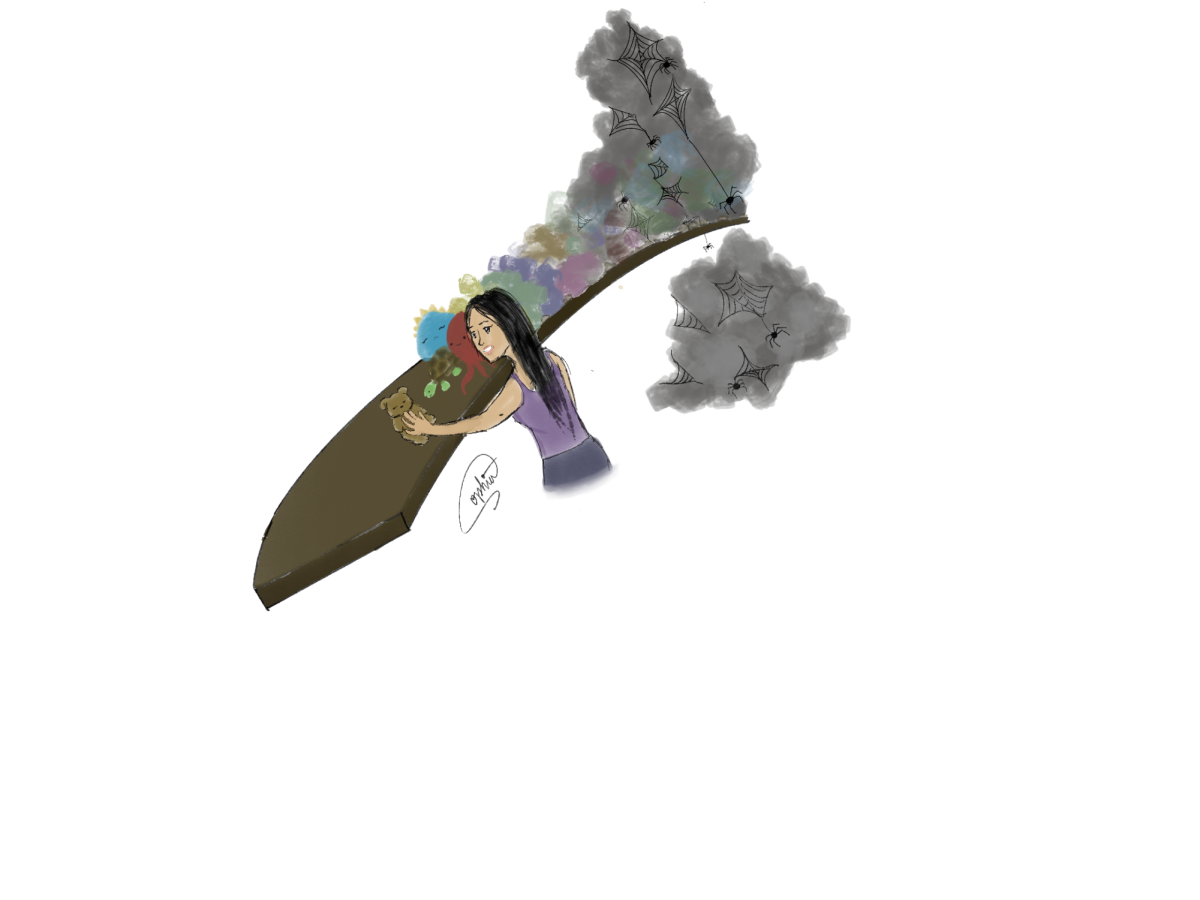While the media has drawn our attention to Gaza and Ukraine, little international attention has been paid to a brutal war that has been waged in Sudan for a full year. Since the conflict began last April, 12,000 people have died and five million have been displaced. The battle in Sudan is between the Sudanese Armed Forces (SAF) and a militia known as the Rapid Support Forces (RSF), with the latter group carrying out violent campaigns of ethnic cleansing against non-Arab groups.
The U.N. Humanitarian and Emergency Relief Chief Martin Griffiths called Sudan “one of the worst humanitarian nightmares in recent history.” Yet, funding for humanitarian aid has been scarce: in 2023, the U.N. sought $2.6 billion but only received 39% of their target amount.
When I mentioned the war in Sudan to a class of peers, March 18, several said they were not aware that any such war was going on at all. On the other hand, I conducted a survey of a random sample of 10 people in the same Journalism 2 class and all of them had seen posts on their social media feeds and mainstream news media about Gaza and Ukraine in the past year.
Media groups in the U.S. and abroad are responsible for the lack of attention spared for Sudan’s crisis. On March 20, a Google search in the news tab of “Sudan war” brought up 23 articles about the conflict published globally in the past 24 hours. On the other hand, searches for “Ukraine war” and “Gaza war” brought up 80 and 57 articles, respectively, published globally in the past 24 hours.
The media’s role is to inform citizens of what is going on in the world so that they are equipped with a sufficient understanding of current events in order to make a multitude of choices: who to elect, which charitable groups to support, which questions to ask, and so on.
But when human rights abuses as horrific as what we’ve seen in Sudan are largely lost in the public eye, the media have failed one of their most important objectives. And perhaps we as consumers have failed in some way, too: not sharing the articles and posts that do exist, and not talking about issues that are no longer in the headlines.
Whomever is to blame, the result is a lack of due response to the situation at hand. Sudan war expert Alex de Waal, director of the World Peace Foundation at Tufts University and a former official on the African Union High-Level Panel on Darfur, has argued that President Joe Biden should urge the U.A.E. to stop covertly selling weapons to the RSF and engage in negotiations with Egypt and Kenya to spur a more probable end to the conflict than direct calls for a cease-fire by the U.S. alone.
But this has not happened. Instead of the political momentum needed in the U.S., there has been little clamor. Where are the protests? Without the necessary pressure for officials to take decisive action, who knows how many more horrific acts will occur?
I know that keeping up-to-date with all the violence and injustice in the world can be overwhelming and disheartening. It’s not the responsibility of any one of us to be constantly aware of everything wrong with the world, and it’s naïve to expect newsrooms to have an unlimited supply of journalists to cover every situation with an equal word count. But when we rally for some people’s pain while falling silent at the cries of another, that is a sign that something is wrong with our perception of disaster.





